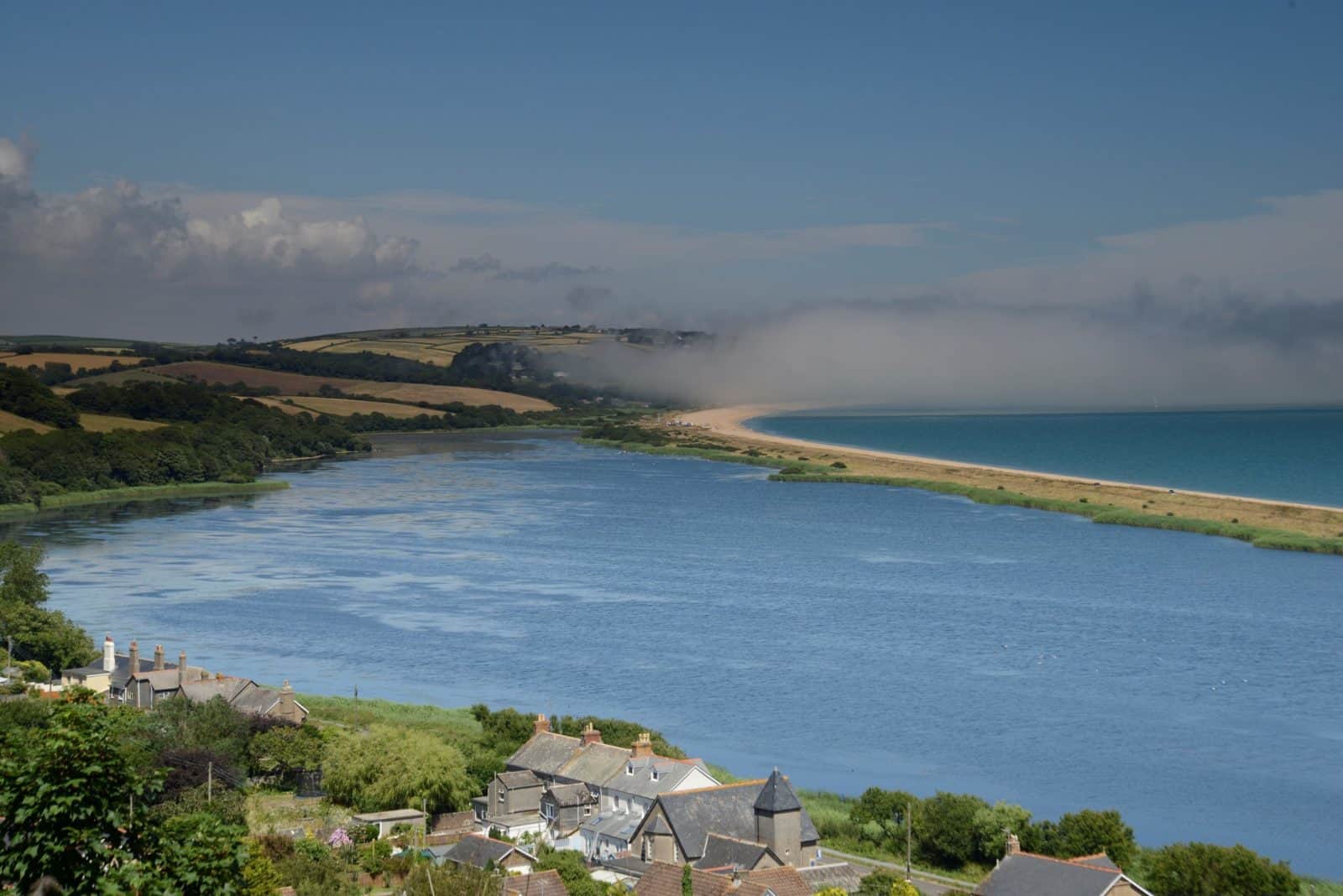Dates are being revised due to Covid-19
An introduction to foraging, exploring and identifying the edible plants, seaweeds, fungi and invertebrates that can be found in the woodland, hedgerow, field, moor and coast around Slapton Ley. Foraging has enjoyed a fashionable resurgence in the last few years, yet people are still nervous about collecting anything much more than a few blackberries or, at best, some stinging nettles for soup. But there is so much more. Several hundred species in the British country and seaside are edible and some are very good to eat. This course provides an introduction to some of these – where they can be found, how to identify them, how to prepare them and how not to confuse them with something poisonous. Foraging is an entirely ethical way of obtaining food, but only if it is done with care. This course, therefore, also explains conservation issues and the law.
Tutor: John Wright
John Wright is one of the most experienced leader of wild food forays in Britain with about 1,000 forays taken over the last 27 years. He has seven books published, four of them on foraging. He appeared on the television programme, 'River Cottage', for several years and now continues to lead forays, write books, and also articles for Country Life and other magazines. His particular interest is in the fungi.The Five Ways to Wellbeing is a set of evidence-based public mental health messages aimed at improving the mental health and wellbeing of the whole population. They were developed by NEF (the New Economics Foundation). The Five Ways to Wellbeing have been used across the UK since their launch in 2008. This provides a common language for FSC to communicate our contribution to Wellbeing.
- Keep Learning
Learning about urban and natural environments. - Connect
A shared experience. Developing new or better relationships in the outdoors. Seeing others in a different way and meeting new people. - Being Active
Being outdoors in the fresh air, walking and doing practical activity from ecological surveys to adventure activities or conservation. - Take Notice
Being in the natural environment with opportunities for awe and wonder from the smallest creatures to the largest landscapes. - Give
Working together in groups, learning ecological skills and contributing to our sustainable Centres.
Example Timetable
Friday Evening: Introduction to the Centre, dinner and then an Introduction to Foraging
Saturday: A day of foraging, discovery and identification around Slapton Ley Nature Reserve and the local beaches. On returning to the centre, some refreshment might be needed and a ‘Show and tell’ on the days finds followed by a lecture – an entertaining one!
Sunday: A morning exploring Slapton’s Ancient woods, discovering what is edible or not and what to avoid. There maybe some unique finds as this area is rarely explored being closed to the general public. In the afternoon we will visit the kitchen to see what we can create from our finds. The course will finish at 16.00
Monday Morning: Departure at 09.00
What's Included
Before You Attend
Start and Finish Times
Resident participants are requested to arrive for registration between 1:00pm and 4:00pm on arrival day, after this time self-directed arrival information will be posted on the front door. There will be an introductory talk at 5:00pm. Supper is usually at 6:30pm. Non resident bookings should arrive just before 5:00pm. A non resident booking also includes dinner during your course as teaching does progress into the evening. Breakfast, for resident participants, will be from 8:00am. The course will end at 4pm Sunday, with departure after breakfast on Monday for resident participants. On the final day please vacate your room by 9:00am, storage is provided for your luggage.
What to Bring
Clothing suitable for the weather. Any identifications books you may have might be helpful.
Sorry this course has ended

